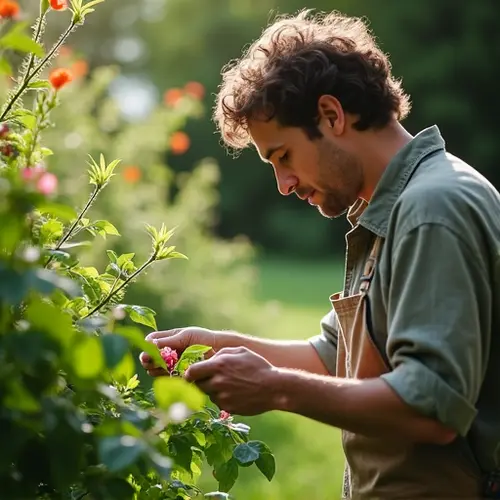
Gardening for Mental Health: Nature as Therapy
Gardening is more than just a hobby; it’s a powerful tool for improving mental health. A recent systematic review and meta-analysis published in Frontiers in Psychiatry highlights the significant benefits of Social and Therapeutic Horticulture (STH) for reducing symptoms of depression and anxiety.
The Science Behind Gardening and Mental Health
The study, led by researchers Carly J Wood, Jo Barton, and Claire L Wicks from the University of Essex, analyzed 17 studies involving STH interventions. The results showed large and significant effects in favor of STH for depression (SMD= -1.01; p=<.001) and moderate effects for anxiety (SMD=-.62; p<.001). These findings suggest that gardening can be an effective complementary therapy for mental health conditions.
Why Gardening Works
Gardening offers a unique combination of physical activity, exposure to nature, and mindfulness, all of which contribute to mental well-being. The act of nurturing plants provides a sense of purpose and accomplishment, while the natural environment promotes relaxation and reduces stress.
The Future of STH
While the evidence is promising, the researchers emphasize the need for more rigorous studies to compare STH with traditional treatments. This will help inform policy decisions and expand access to gardening-based therapies.
For now, whether you’re planting flowers or growing vegetables, gardening can be a simple yet powerful way to boost your mental health.

 Nederlands
Nederlands
 English
English
 French
French
 Deutsch
Deutsch
 Espaniol
Espaniol
 Portugese
Portugese








